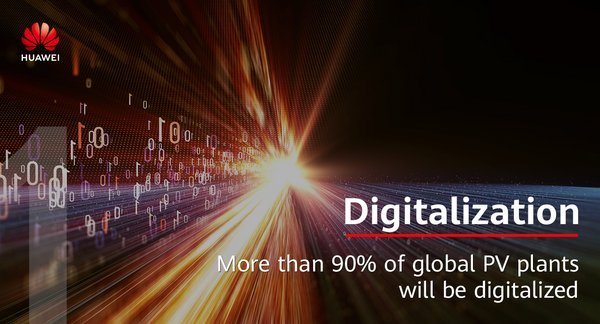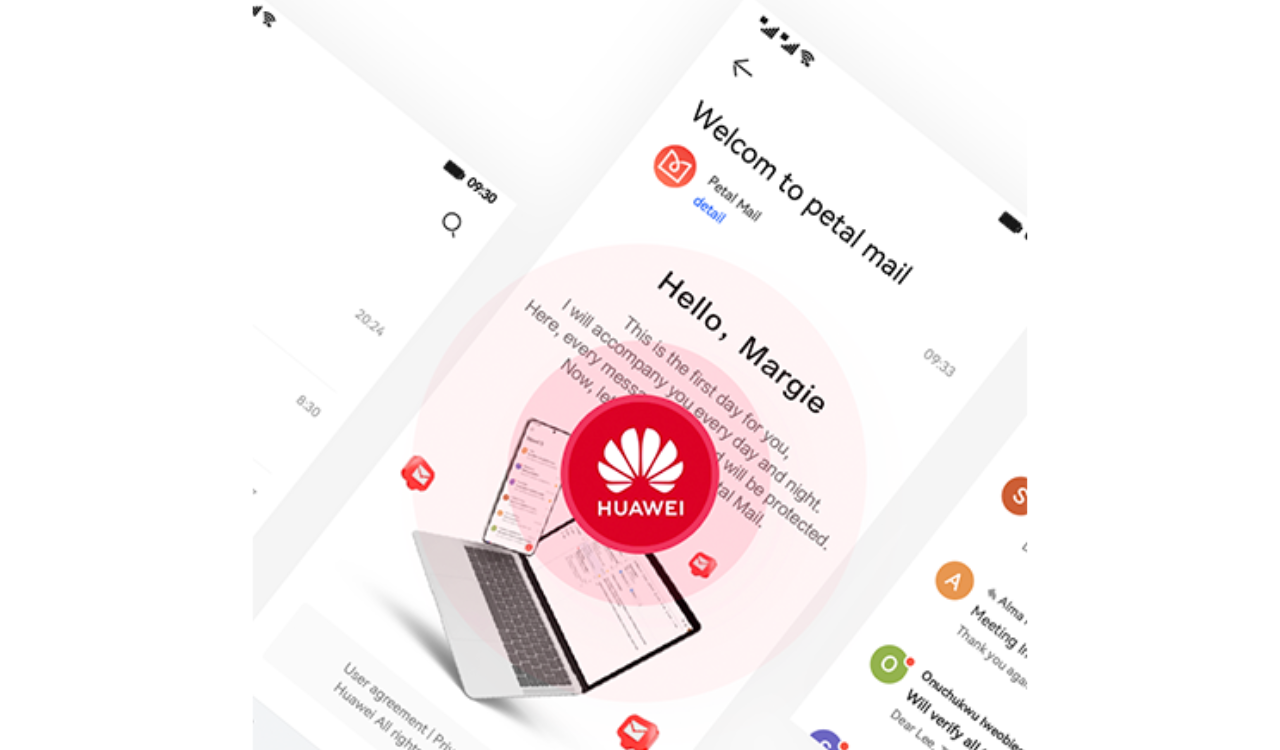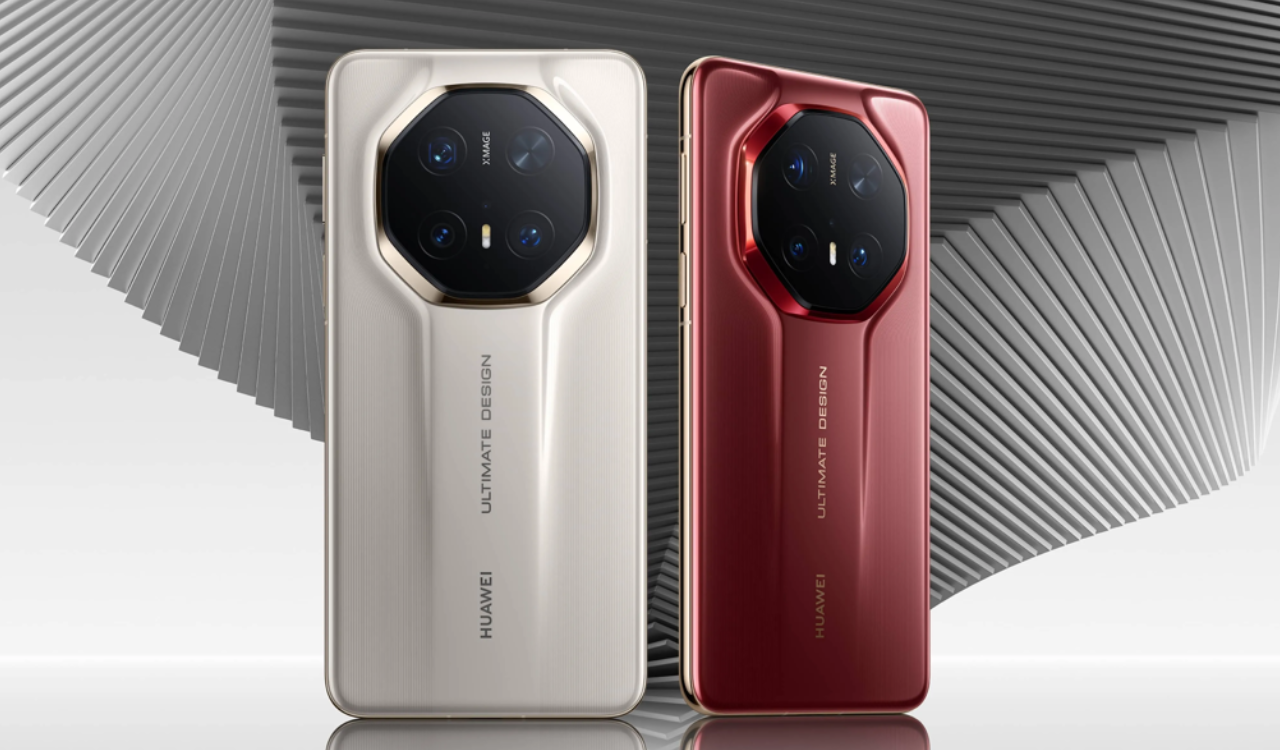Huawei News
Decoding 2025: Huawei Predicts Top 10 Trends in Smart PV

Top 10 technology trends for smart photovoltaics for 2025 are officially released. Throughout the following 5 to 10 years, a sustainable power source will expect an increasingly conspicuous job as a primary force for power networks.
Solar power, specifically, as the most vital type of sustainable power source, has an especially splendid future. Be that as it may, as inexhaustible speaks to a more prominent extent of all-out energy production, security, unwavering quality, and cost-adequacy across power age resources will turn into the highest need.
Huawei Predicts Top 10 Trends in Smart PV:
Trend 1 – Digitalization
Trend 2 – AI-driven Smart Upgrades
Trend 3 – Unmanned PV Plants
Trend 4 – Proactive Support for Power Grids
Trend 5 – Solar + Storage
Trend 6 – Virtual Power Plants
Trend 7 – Active Safety
Trend 8 – Higher Power Density
Trend 9 -Modular Design
Trend 10 – Security and Trustworthiness
Trend 1: Digitalization
More than 90% of global power stations are fully digitalized.

Trend 2: AI-driven Smart Upgrades
The proportion of photovoltaic power plants using AI technology reaches more than 70%.

Trend 3: Unmanned PV Plants
More than 80% of the work in power stations is unmanned.

Trend 4: Proactive Support for Power Grids
PV power plants are adapting to the power grid to actively supporting the security and stability of the power grid.

Trend 5: Solar + Storage
The proportion of optical storage symbiosis reaches more than 30%.

Trend 6: Virtual Power Plants
More than 80% of household systems will access various VPP networks.

Trend 7: Active Safety
Active Security Protection (AFCI) becomes standard on distributed roofs, forming an industry international standard.

Trend 8: Higher Power Density
The inverter power density is expected to increase by more than 50%.

Trend 9: Modular Design
The fully modular design of core components such as inverters, PCS, and energy storage has become mainstream.

Trend 10: Security and Trustworthiness
Safety and credibility have become a necessary requirement for photovoltaic power plants.

Source: Huawei
Huawei News
Huawei Wins Best Network Technology Award at 2025 FutureNet Event

The FutureNet World 2025 event just completed in London, bringing together over 700 industry leaders to talk about the future of network technology. The yearly gathering attracts top executives from global telecom companies, standards organizations, and technology suppliers. For the first time ever, the event created a special “Intelligent Network Best Practice Award” – and Huawei won the prize.
The company stands for its innovative work on smart, self-managing networks. Huawei’s winning technology helps telecom companies run their networks more intelligently with less human intervention. Their solution includes smart digital assistants designed for network maintenance, improving customer experience, and business operations.
These digital helpers fall into two main categories – the Mate series and the Spirit series. The technology has already been rolled out in many countries, showing impressive results across different types of networks including IP, optical, wireless, and core systems. Speaking at the event, Wang Shaosen, who leads Huawei’s smart network solutions, shared the company’s vision: “We’re committed to developing technology that makes networks smarter.
This will help telecom companies succeed with advanced 5G services and prepare for the future of 6G connectivity.

Huawei News
Huawei Petal Mail App will no longer be available for download

According to the official information, the Huawei released the delisting announcement of its Petal Mail App. The full text of the announcement is as follows: [translated]
Thank you for your continued attention and support to the Huawei Petal Mail App. In order to better adapt to the changing needs of product experience, service content and local markets, we have made strategic adjustments to the Huawei Petal Mail App.
The Petal Mail App will officially switch to the Email App on December 31, 2024, and the Petal Mail App will no longer be available for download from the App Store. The Petal Mail App you have installed can be used normally. We apologize for the inconvenience. You can continue to view, send or receive emails in the pre-installed Email App on your Huawei phone or use a computer browser to open the Petal Mail official website ( https://www.petalmail.com ), and your emails and personal data will not be lost.

Huawei News
Huawei Mate 70 lineup repair spare parts prices announced

Huawei released the Mate 70 series of mobile phones, with a starting price of 5,499 yuan. At present, the prices of spare parts for the new Mate 70 series have been announced on Huawei’s official website.
Huawei Mate 70 lineup repair spare parts prices announced
Battery and motherboard
Mate 70
Battery — 199
12GB+256GB — 2499
12GB+512GB — 2899
12GB+1TB — 3599
Mate 70 Pro
Battery — 199
12GB+256GB — 2899
12GB+512GB — 3299
12GB+1TB — 3999
Mate 70 Pro+
Battery — 299
16GB+512GB — 4399
16GB+1TB — 4899
Mate 70 RS
Battery — 299
16GB+512GB — 6499
16GB+1TB — 6999
Camera














